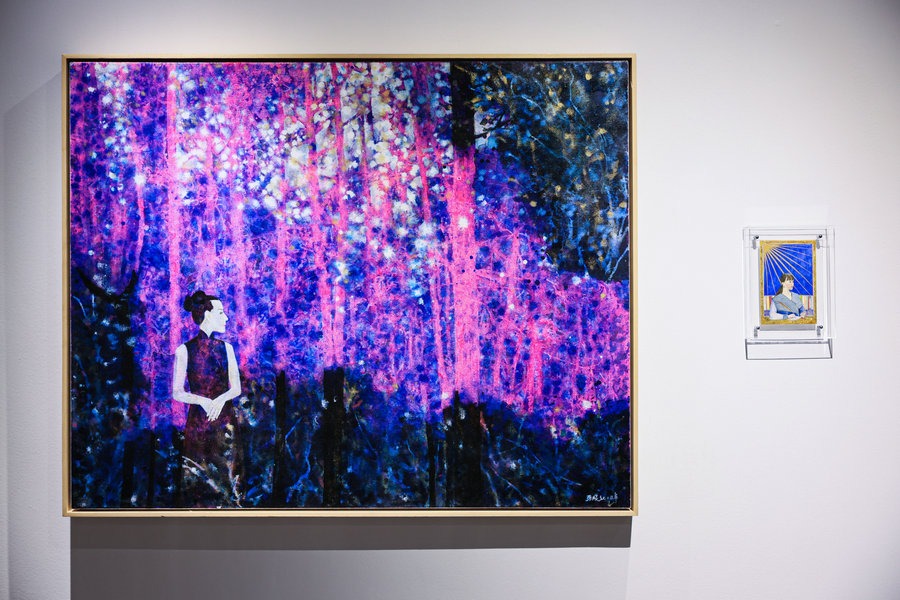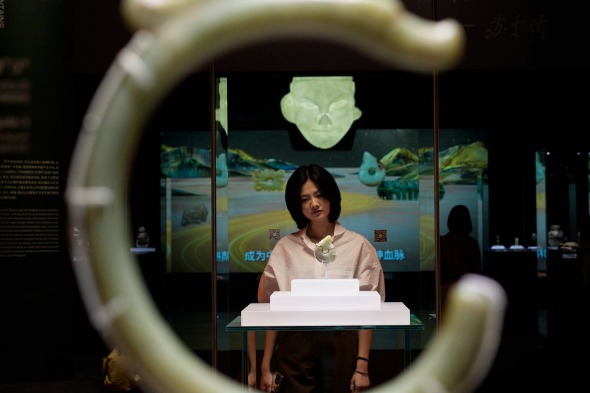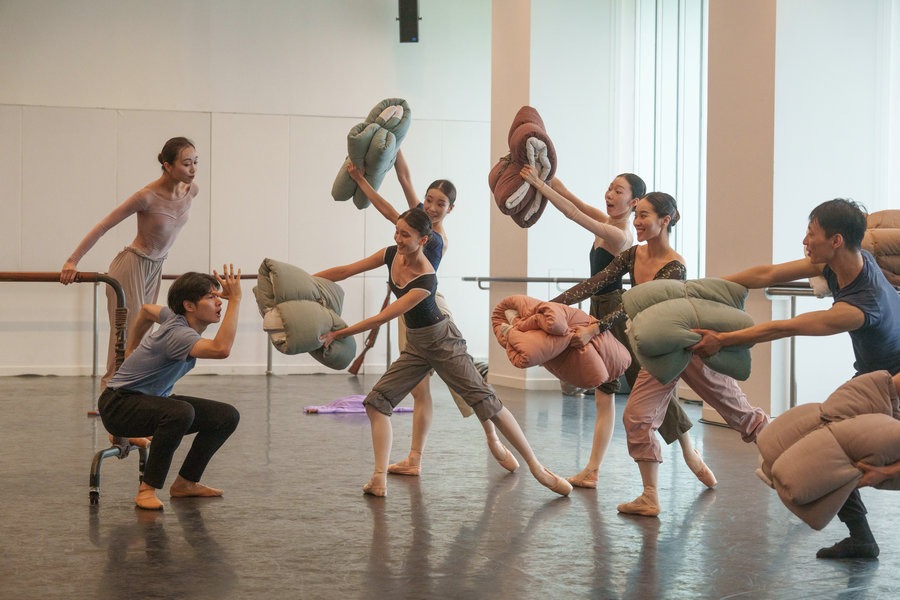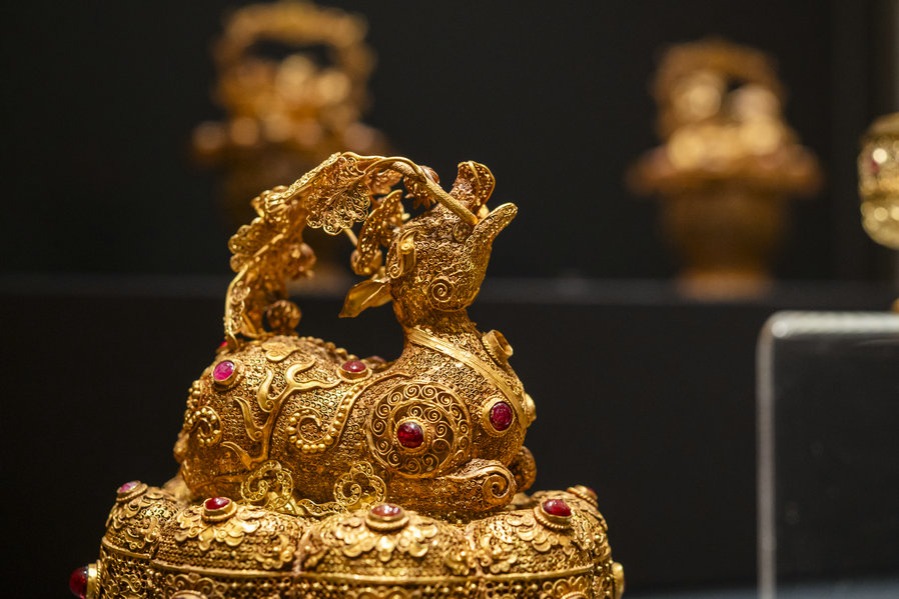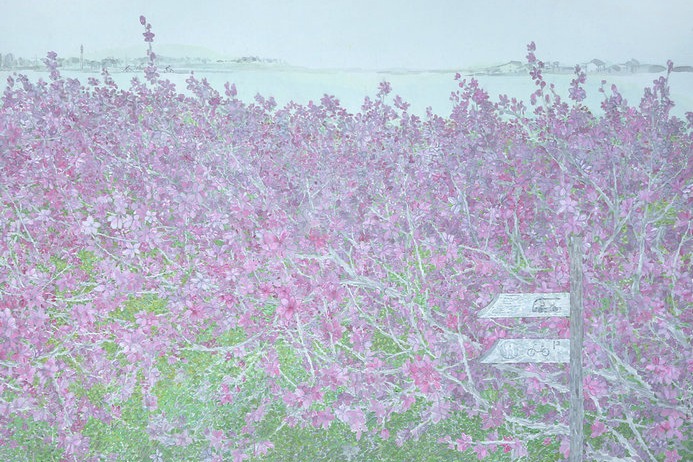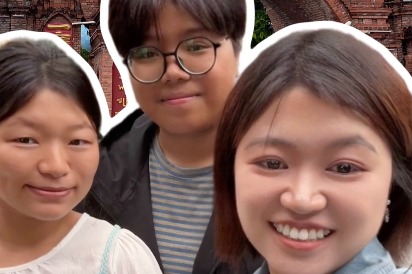Women's voices spill out of Hidden Letters


A recent documentary film, Hidden Letters, due to hit nationwide cinemas on Aug 31, zooms in on two of these women — Hu Xin, a young inheritor of the writing form, and Wu Simu, an artist aiming to promote its culture.
Instead of approaching the tradition from the aspects of history and inheritance, the documentary adopts a different perspective, by telling their respective life stories.
As a representative inheritor of the script, Hu often travels and attends events to promote the cultural heritage via calligraphy and singsong performances. But growing up and living in Jiangyong, she says she experienced gender discrimination, for example, her own divorce partly because her husband wanted a son.
Wu grew up in an open-minded family to become a musician and artist. She chooses to promote nyushu through her art works. Yet, she enters a relationship that required her to adhere to the social norms attached to being a wife, leaving her depressed and hopeless about the future.
The film hosted its Beijing premiere on July 28, featuring a post-screening Q&A session joined by director Feng Du, co-executive producer Qin Xiaoyu, and the two protagonists — Hu and Wu.
Feng first learned about nyushu in 2005 from the novel, Snow Flower and the Secret Fan, by American writer Lisa See, in which two women in the late Qing Dynasty (1644-1911) form a deep relationship and communicate with each other using the script.
"The novel gave me goose bumps. I asked myself, how, as a Chinese woman, I had been unaware of this part of history. The wisdom of the women depicted in the novel was beyond my imagination, so I read a lot of books to research about the texts," Feng says.
"I was deeply struck not only by the creation of a script under such dire circumstances, but also by the sophisticated cultural structure established around the language. At the time, women formed sisterhoods and offered each other assurance and support throughout their lives, so that they could survive, thrive and empower each other."
Prior to this film, Feng had been dedicated to documentary filmmaking, but primarily behind the scenes as a producer. She was able to collaborate with many young female Chinese filmmakers, and was moved by their unique perspectives arising out of observing society and the world.


















